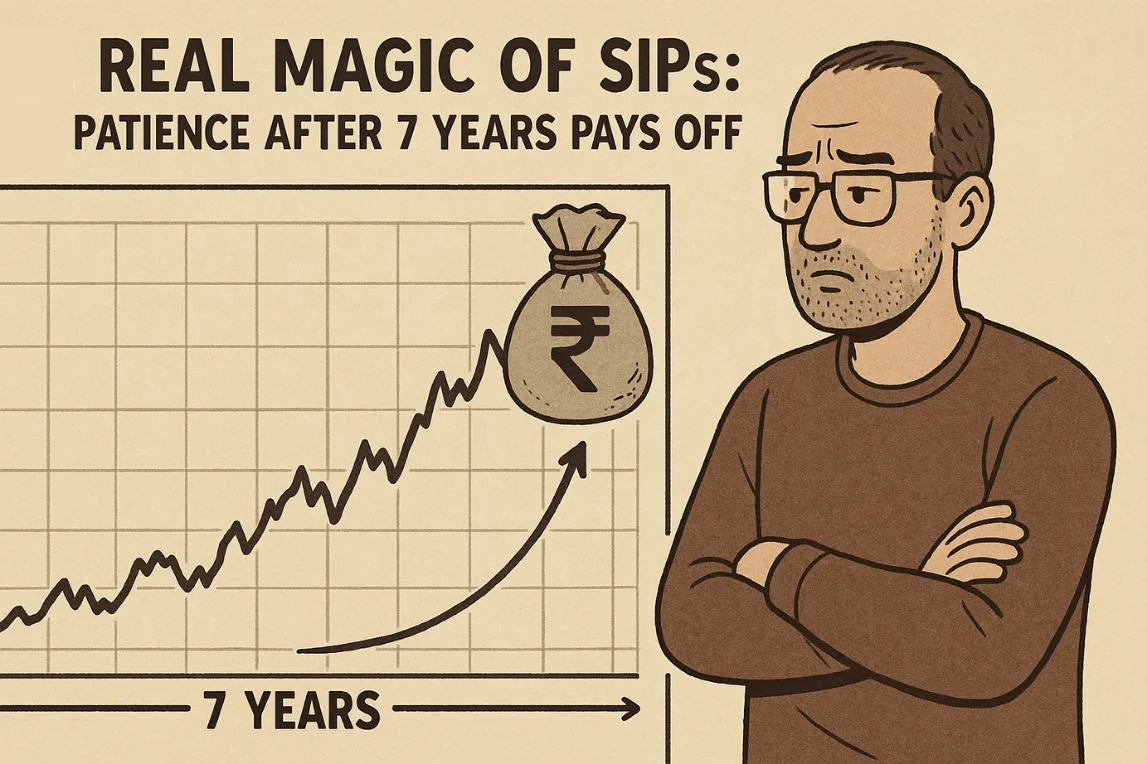What an NFO Really Is
Many people hear the word NFO and feel it is a special chance to buy something new at a low price. But NFO simply means New Fund Offering. It is a term used in the mutual fund industry. It sounds like an IPO, but it is not the same. An IPO brings new shares to the stock market, but an NFO is just the launch of a new mutual fund.
The Common Misunderstanding
A lot of people think an NFO is cheap because it starts at face value. They feel it will grow fast later. But this idea is not correct. Mutual funds always work on NAV, not on face value. At the start, the new fund has no history, no performance, and no clear idea of how it will do in the future. So, buying it only because it seems new or low-priced can be risky.
Why People Still Buy NFOs
NFOs are often sold as “limited-time opportunities”, which makes many people buy them without much thinking. Many investors do not check details themselves and simply follow advice. Another reason is that distributors usually get higher commissions for selling NFOs. This pushes more and more new investors toward them.
What the Data Shows
If we look at the last 10 years, the results of NFOs are not very strong. Very few NFOs were able to beat their benchmark after three years.

In some years, almost none of them performed better than the benchmark. Even in the best years, only around 70–80% of them performed well, and that too rarely. This clearly shows that NFOs do not give any special advantage just because they are new.
A Safer Way to Invest
Instead of choosing a new fund with no past record, it is much safer to put money in well-established mutual funds. These funds have three-year, five-year, or even ten-year performance data. You can see how they behaved in good and bad times. A new fund has no such history, and trusting it is like throwing money without knowing the outcome. It is always better to protect your money and invest only after proper care.









